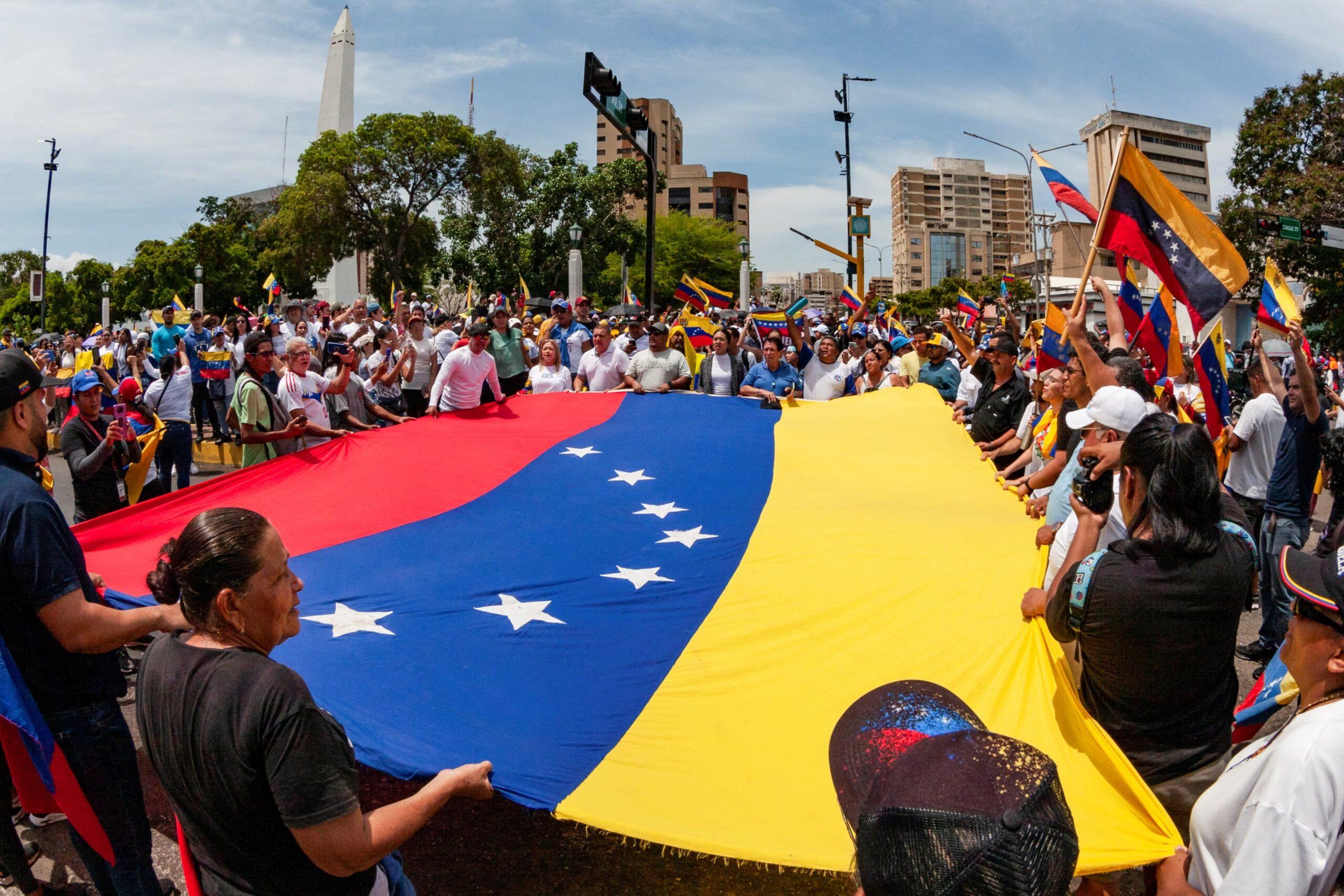The Humanitas360 Institute has a history of continuous commitment to democracy and human rights in Venezuela. As early as 2010, before founding H360, Patrícia Villela Marino organized a pioneering conference in Brazil on the Venezuelan situation, an event that featured prominent opposition figures to Chavismo, including Manuela Bolívar, Yon Goicoechea, Maria Corina, Sara George, Ricardo Haussman, and Moises Naim. Since 2015, with the institute already in operation, this commitment continued, making Humanitas360 an active voice in promoting citizenship and improving the quality of life of the Venezuelan people.
In its matrix of programs and projects, H360 has a solid body of work in its Information and Research Program, as evidenced by the Citizen Engagement Index, developed in partnership with The Economist’s intelligence department. This index, launched in 2018, compared the state of democracy and popular participation in several countries in the Americas and already classified Venezuela as an authoritarian regime, highlighting the excessive use of force against protesters, arbitrary arrests, and the precarious situation of journalists in the country.
In 2015, the institute partnered with Rede Bandeirantes de Televisão to show, in detail, the situation in the Latin American country. Monitoring the political atmosphere in Venezuela over the past few years, journalist Isaac Lee conducted a secret and high-risk investigation into “La Tumba,” the headquarters of the Bolivarian Intelligence Service, revealing the challenges faced by democratic institutions and civic rights. H360 brought the material to the Brazilian network’s directorial board, which produced a series of special news features called “Venezuela at Rock Bottom” (watch one of the stories here).
Patrícia Villela Marino was one of the interviewees in the Band special and brought this content to the World Economic Forum in Davos in 2016. That same year, the institute supported a public hearing at the São Paulo Legislative Assembly, bringing activist Lilian Tintori and representatives of Human Rights Watch to discuss the crisis in Venezuela. (Check out the interview Tintori gave to H360 on the occasion here.)
In 2017, the institute organized the seminar “The Fight for Democracy in Venezuela and What Brazil Can Do” at the Fernando Henrique Cardoso Foundation, bringing together leaders and experts to discuss solutions in the country. Among them was David Smolansky, elected mayor of El Hatillo in 2013 and ousted by Nicolás Maduro’s regime in 2017. Smolansky is now a political exile and receives support from H360 as a leader of the new generation for democracy.
In 2020, Humanitas360 conducted an exclusive interview with opposition deputy Manuela Bolívar, offering an updated view of the country’s situation. Bolívar described Venezuela as facing a “totalitarian regime, a dictatorship that operates under a logic of organized crime.” She highlighted that despite the adversities, Venezuelan civil society organizations have expanded their work and presence.
The interview also revealed alarming details about the complex humanitarian emergency Venezuela is facing, with a migration crisis comparable to Syria in scale. Bolívar denounced the persecution of non-governmental organizations by the government, citing specific cases of theft of medical supplies intended for humanitarian aid. (You can read the full interview here.)
As the situation in Venezuela remains critical and worsens, following the July 28 elections, Humanitas360 continues to closely monitor the situation and seek peaceful and democratic solutions to the crisis plaguing the country. “At this moment, I would like to join the voices of the international community calling for the publication of all electoral records, respect for political differences, and the dictates of democratic life, where authoritarian adventures can never have a place,” writes H360 president Patrícia Villela Marino in a statement published this week (read in full).





